Leaving Alaska wasn’t as hard as it could have been. I made sure to bow out gracefully, thanking everyone I worked with and letting those who treated me with respect know how much that meant.
Challenges laid in wait in Oregon, but like so many times before, I would have the support of my loving partner.
David picked me up at the airport in Seattle, where frozen boxes of fish rolled off the luggage carousel along with my jam-packed suitcase. Zac agreed to mail the rest of my belongings back. He’s been a good friend over the years and while likely disappointed in my early exit, something tells me, our paths will cross again in the future.
Meanwhile, my joy in seeing David again was cut short by the reality waiting on our doorstep back in Portland. During my time away, a homeless camp had moved in and taken over the block. These were not your down on your luck folks, trying to get back on their feet, either.
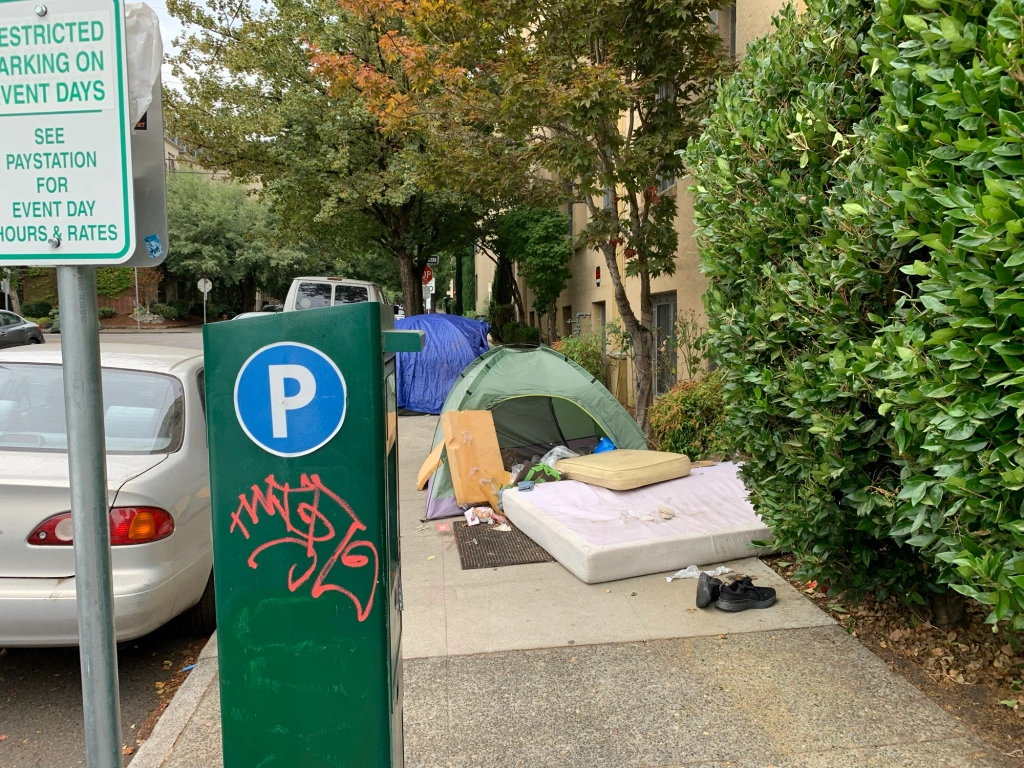
These were the junkies and criminals taking advantage of the city’s laissez faire attitude. They did their drugs openly on the sidewalk with no regard for children, families or tourists passing by.
Fights between them erupted almost nightly, usually resulting in the cops showing up, but never hauling anyone away. There were no consequences for their pathetic behavior.
Not once in my formative years could I have imagined living in these circumstances — shouting out the window in the early morning hours for peace on the street. Sadder still, this situation was being played out all across a city suffering the painful after effects from a prolonged pandemic following a volatile election.
To keep our heads above water, I quickly took a job at the Rose Quarter, working concerts, special events and Trail Blazers games. It was fun and easy work and vastly improved my knowledge of the music industry, while reigniting a longtime passion for basketball.
It was a part-time gig with seldom a shift stretching past five hours. I continued to write about gay issues for the paper in South Florida, but knew I had to land a good paying job soon.
The Alaskan experience got me thinking about transportation and I soon realized that the pandemic coupled with Portland’s drug culture had shrunk the qualified applicant pool for government jobs. With the odds I my favor, I set my sights on the local transit agency.
But first, we had to get out of our horrible living situation. We had been at that studio apartment for four years. It was a far different scene when we moved in. Now, every day I stepped out of the building I was likely to encounter unstable behavior by people in various stages of deterioration.
Verbal abuse like “faggot!” and “retard!” were routinely hurled my way, with the occasional “nigger!” added for good measure. And again, the children heard every word.
Life was at an inflection point. I couldn’t go on this way anymore. Just because they had chosen to live in squalor, didn’t mean we had to. I had to take action. And take action I did.
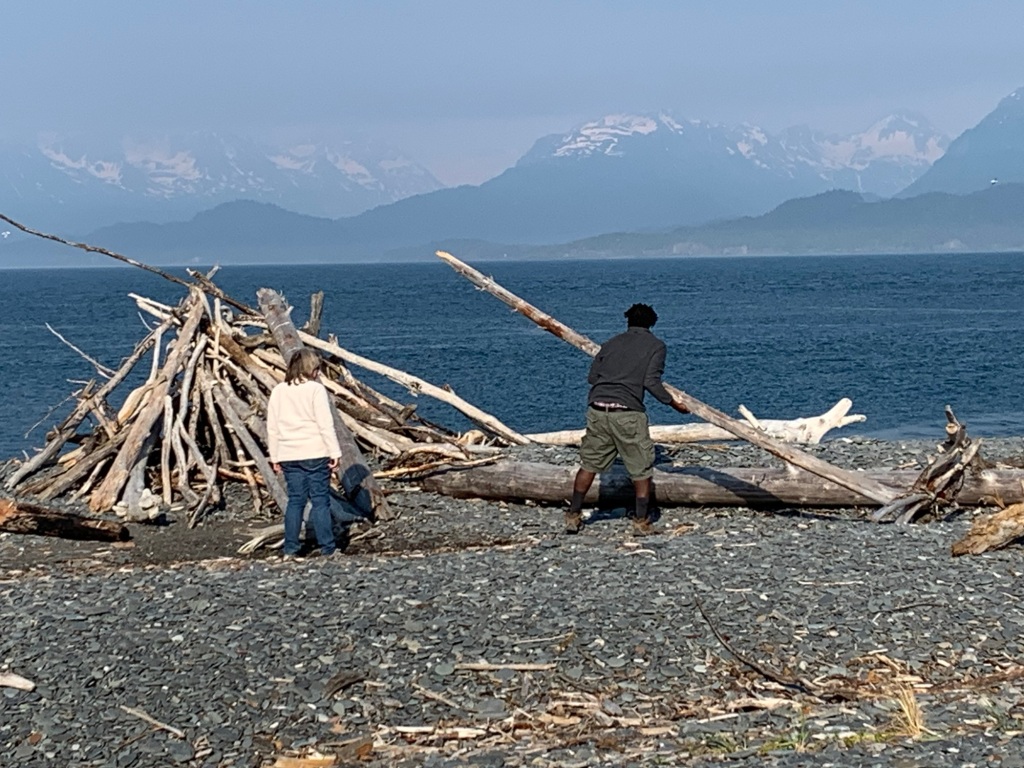
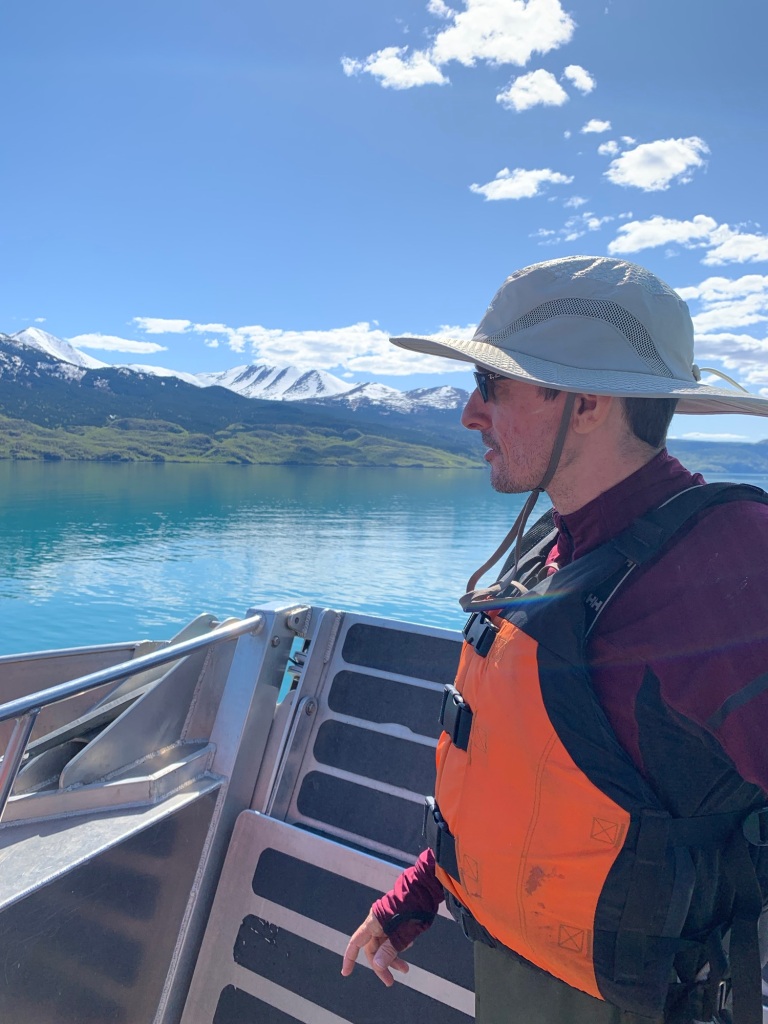
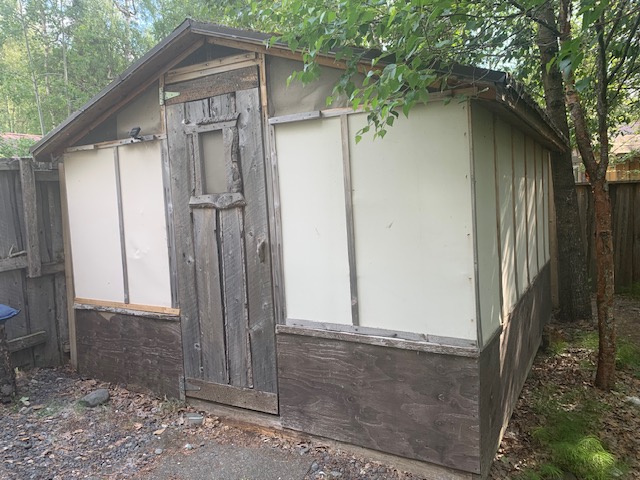
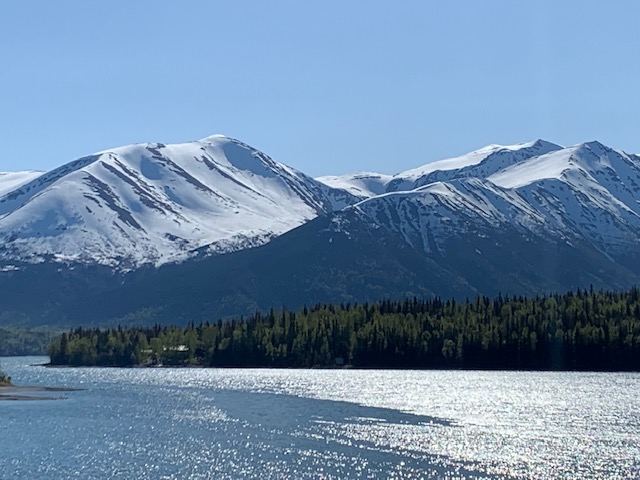
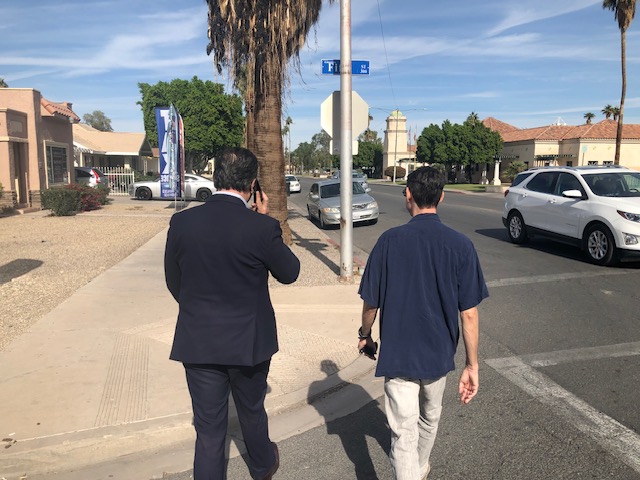
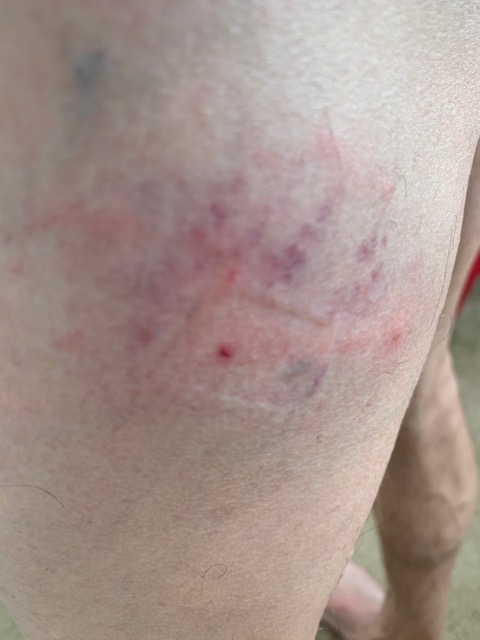
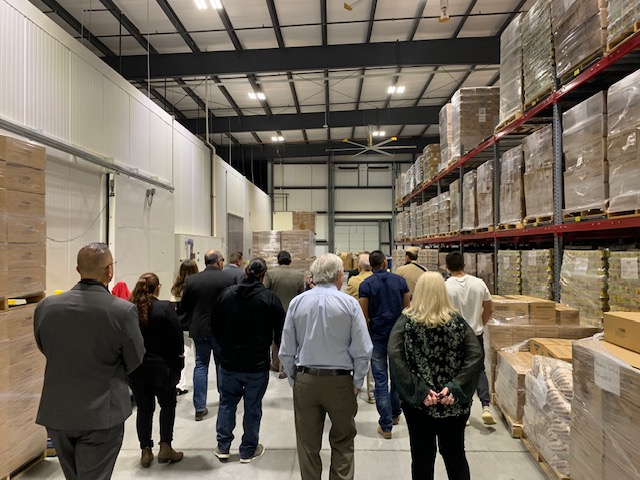
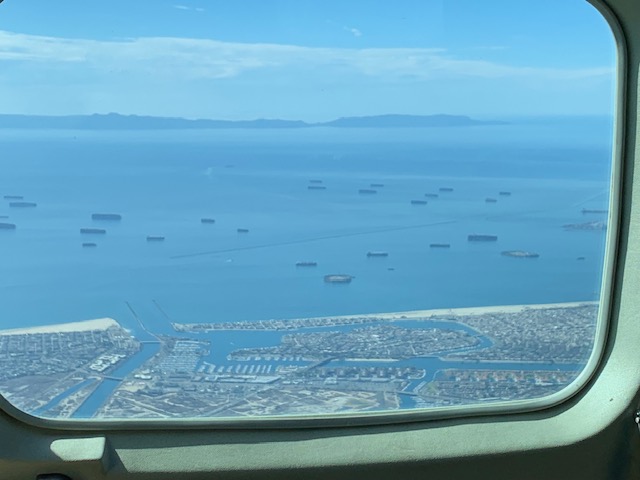
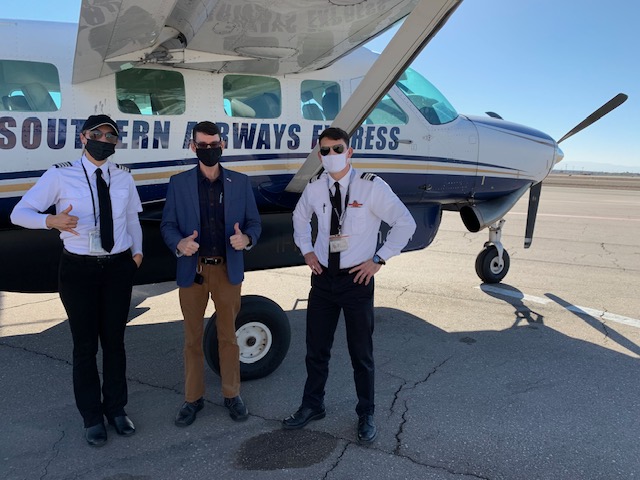
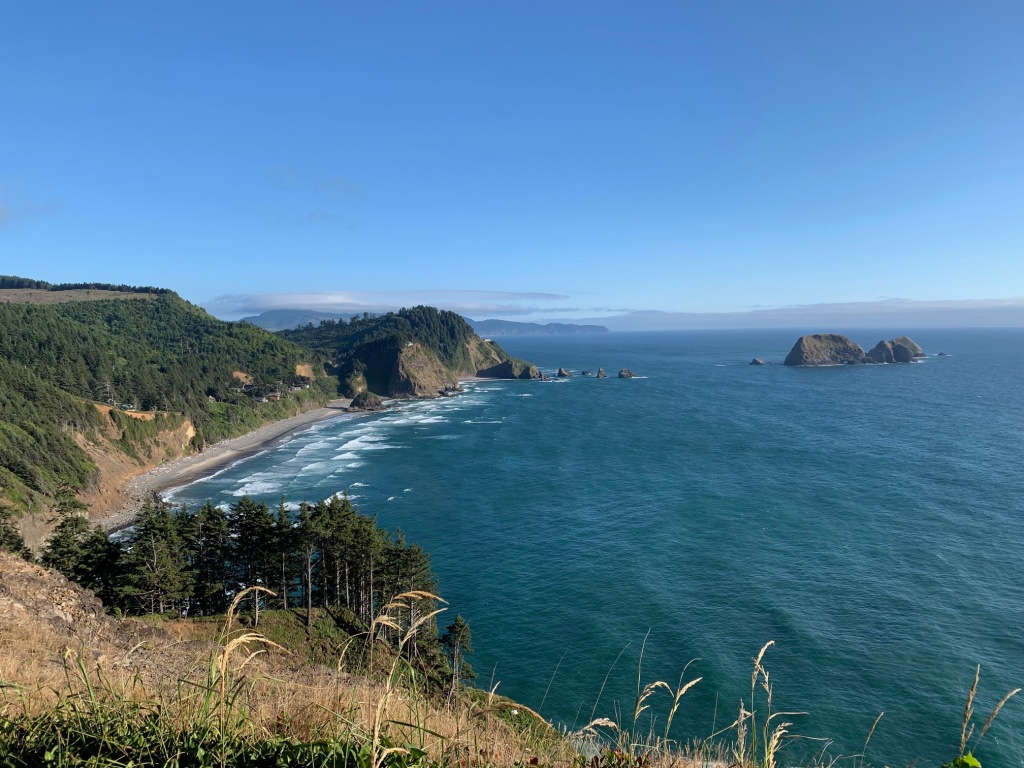
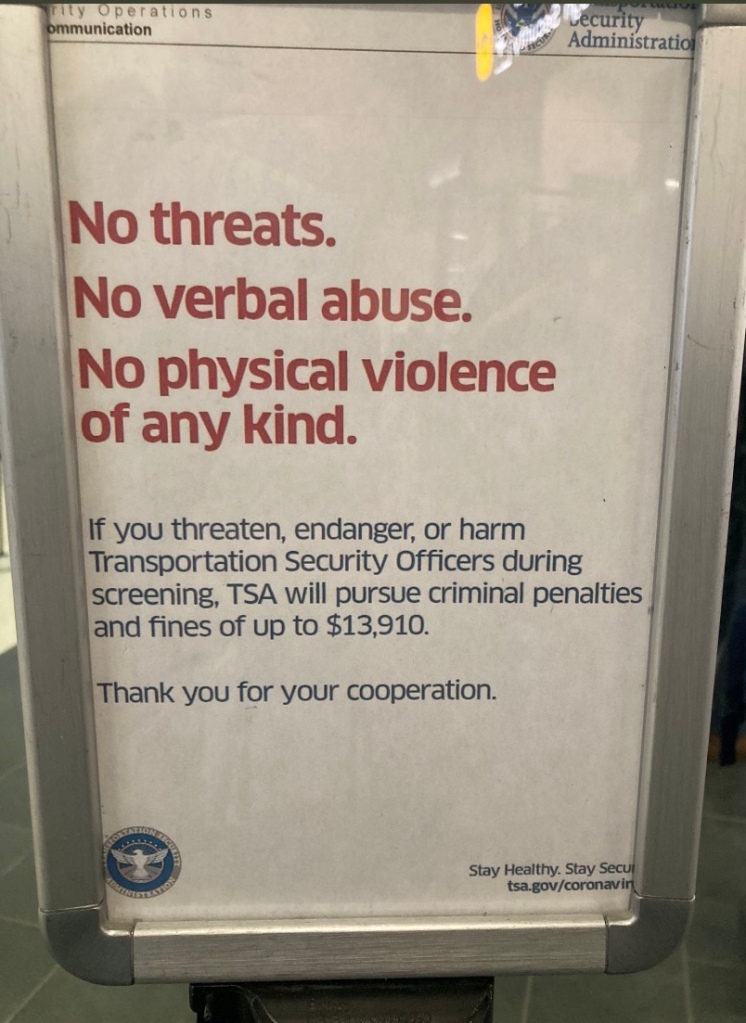
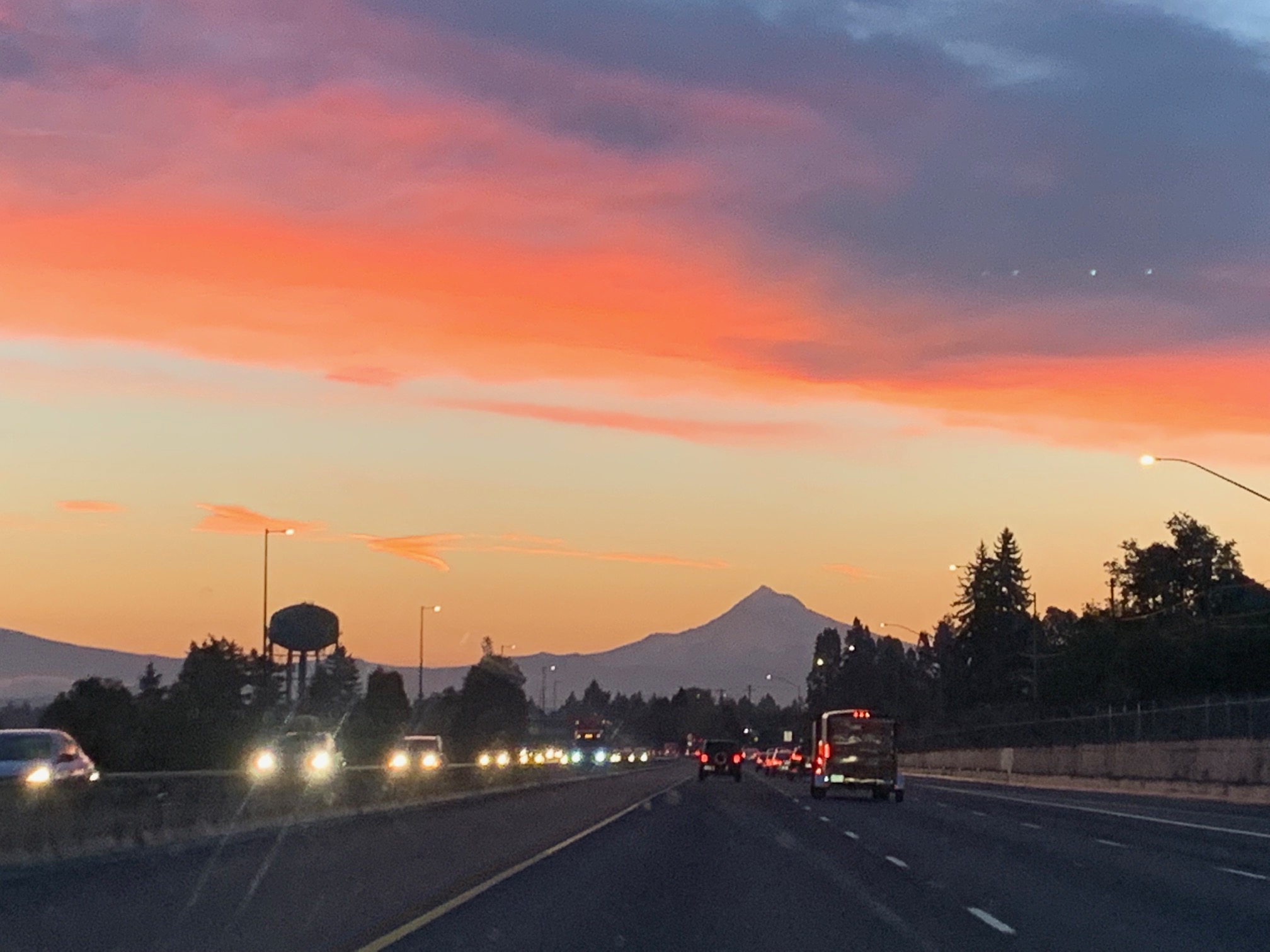
See What Readers Have to Say